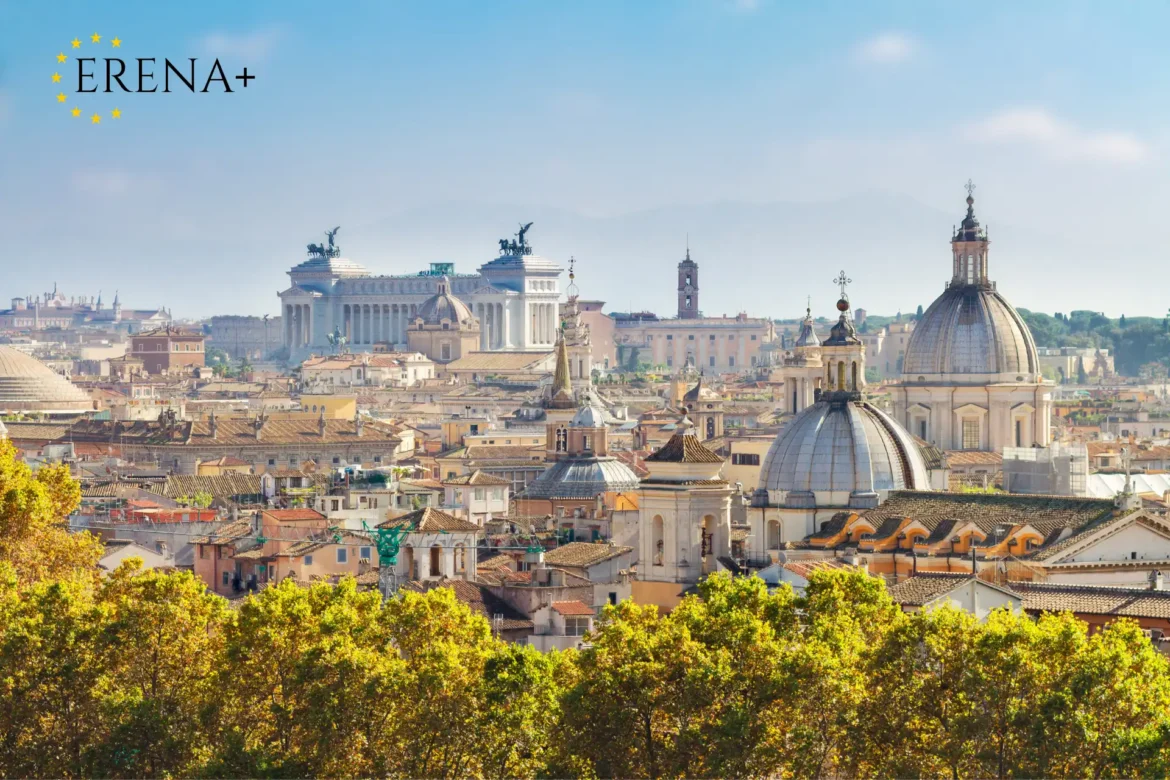Rome, the Eternal City, offers a unique blend of ancient history and modern living. Whether you’re moving for work, studies, or seeking a second home in one of the world’s most iconic cities, finding the right property can be an exciting (but complex) experience. This guide will help you navigate the Roman real estate market to find your dream home.
1. Popular Neighborhoods in Rome
Rome is divided into 15 districts, each with its own character and appeal. Here’s a look at some of the best neighborhoods to consider:
-
Centro Storico (Historic Center)
This is Rome’s heart, home to iconic landmarks like the Pantheon, Piazza Navona, and the Spanish Steps. Properties here tend to be more expensive, but you’ll enjoy the charm of historic buildings with frescoed walls, high ceilings, and unbeatable proximity to major sights. -
Trastevere
Known for its bohemian atmosphere, Trastevere features picturesque streets, lively piazzas, and vibrant nightlife. It’s a popular choice for young professionals and expats who want to enjoy the charm of old Rome, with easy access to the city center. -
Prati
Located near Vatican City, Prati is elegant and quieter than the historic center, with wide boulevards, chic shopping, and fine dining. It’s perfect for those looking for a peaceful atmosphere while still being close to central attractions. -
Monti
Close to the Colosseum, Monti is a trendy area with a mix of historical charm and modern flair. It’s known for independent boutiques, cafes, and a creative vibe, making it ideal for those who enjoy a dynamic and artistic neighborhood. -
EUR
EUR is a modern, business-oriented district, featuring sleek post-war architecture and green spaces. It’s further from the city center but offers larger, more contemporary homes, ideal for professionals or families seeking more space. -
Testaccio
If you want to experience a more authentic Roman lifestyle, Testaccio offers a lively, local atmosphere with excellent food markets and close proximity to ancient Roman sites. It’s a great choice for those seeking a less touristy vibe.
2. Real Estate Prices in Rome
Property prices in Rome vary widely based on location and property type. Here’s a rough guide to what you can expect:
- Centro Storico: €4,000-€8,000 per square meter
- Trastevere & Monti: €3,000-€5,000 per square meter
- Prati & EUR: €3,500-€6,000 per square meter
- Testaccio & Residential Areas: €2,500-€4,000 per square meter
Renting is also pricey in central areas, with monthly rent for a 1-bedroom apartment ranging from €1,200 to €2,500, depending on the location and property condition.
3. Types of Properties in Rome
Rome offers a wide range of property types to fit different needs and budgets:
-
Historic Apartments
These beautiful homes feature classic Roman architectural details like frescoes, vaulted ceilings, and marble floors. They are highly sought after and often located in the city center. -
New Developments
For those looking for modern amenities, newly built apartments in districts like EUR or further out offer more space and energy-efficient designs, though they may lack the charm of historic properties. -
Villas
For larger budgets, Rome’s suburbs and surrounding hills offer luxurious villas with expansive gardens and pools, ideal for those seeking more privacy and space. -
Attic Apartments
Often found in neighborhoods like Trastevere and Monti, these top-floor properties offer stunning views of Rome’s rooftops and landmarks. -
Shared Apartments
Renting a room in a shared apartment is a common and affordable option for students or young professionals, especially in areas like San Lorenzo or Testaccio.
4. How to Buy Property in Rome
Purchasing property in Rome follows a standard process:
-
Search for Properties
Start your search on platforms like idealista.it, casa.it, or immobiliare.it, or contact a local real estate agent for assistance. -
Engage a Notary
In Italy, a notary is required for all property transactions. They ensure the property is legally clear and oversee the signing of the contract. -
Offer and Contract
After making an offer and having it accepted, you’ll sign a preliminary agreement (compromesso) and pay a 10% deposit. The final deed of sale (rogito) is signed in front of the notary. -
Mortgage and Financing
Foreign buyers can obtain mortgages in Italy, though conditions vary. It’s advisable to consult a financial advisor for assistance.
5. Legal & Tax Considerations
-
Foreign Buyers
Non-EU buyers can purchase property in Italy, though some restrictions may apply in rural areas. EU citizens can buy without restrictions. -
Costs & Taxes
- Registration Tax: 2% for a primary residence, 9% for a second home
- Notary Fees: Typically 1-2% of the purchase price
- Property Taxes: Non-residents may be subject to additional taxes, such as IMU (property tax).
-
Capital Gains Tax
If you sell your property within five years, you may face capital gains tax unless the property is your primary residence.
6. Renting in Rome
Renting is another great option if purchasing a property isn’t feasible. Rome offers both furnished and unfurnished rentals, with leases typically lasting one year or more. Be sure to familiarize yourself with tenant rights and rental laws in Italy.
7. Conclusion: Finding Your Dream Home in Rome
Rome’s real estate market is diverse, offering something for every taste and budget—from charming historic apartments to modern villas. By understanding the different neighborhoods, property types, and the buying process, you can find the perfect home in this iconic city. Whether you’re buying or renting, living in Rome means becoming part of a city rich in history, culture, and timeless beauty.

